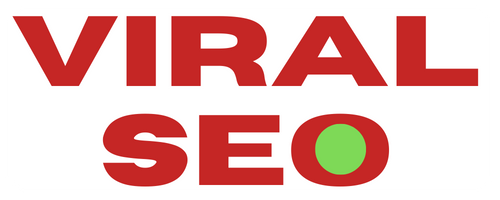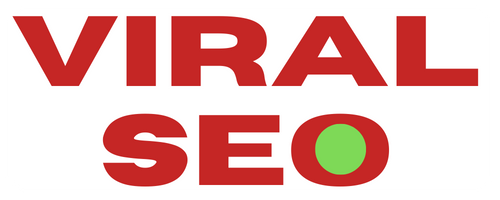
Google Search Central recently announced in a Twitter post, new spam policies updated. The policy updates are directed toward four types of spam: web search, link-related, automatically generated through content, and user-generated.
Web search spam
Our spam policies help protect users and improve the quality of search results. To be eligible to appear in Google web search results, content shouldn’t violate Google Search’s overall policies. These policies apply to all web search results, including those from Google’s own properties. Sites that violate our policies may rank lower in results or not appear in results at all.
Google Search Central
If a website violates any of the spam policies implemented, a search quality user report can be filled to alert Google. Through these reports help Google improve and update its spam detection systems and further develop innovative automated solutions to such issues.
Link Spam
Links play a significant role in how Google evaluates the relevance of websites. Link spam is the term for any links that aim to manipulate search engine results rankings. This includes any actions that affect links leading to or leaving your website. Here are some cases of link spam:
- Purchasing or selling links to improve your ranking
- Using automated tools or services to build connections to your website;
- Abundant link exchanges or partner pages created only for the purpose of cross-linking
- Text advertising or text links that don’t obstruct ranking credit;
- Requiring a link as a condition of a Terms of Service, contract, or similar arrangement without giving the option to a third-party content owner to qualify the outbound link
- Links to bookmark or directory sites with poor quality
- Links that are hidden, full of keywords, or of poor quality may be found in widgets distributed throughout several websites.
- Links that are widely dispersed in the footers or designs of different websites
- Forum comments that include posts or signatures with optimized links
Google does understand that buying and selling links is a normal part of the economy of the web for advertising and sponsorship purposes. It’s not a violation of our policies to have such links as long as they are qualified with a rel=”nofollow” or rel=”sponsored” attribute value to the <a> tag
Google Search Central
Automatically-generated content spam
The term “automatically generated” refers to information that has been created mechanically with the primary goal of manipulating search engine results pages rather than assisting users. Spam-filled auto-generated content examples include and are not limited to:
- Text generated through automated processes without consideration for quality or the user experience
- Text generated from scraping feeds or search results
- Stitching or combining content from various web pages without adding sufficient new information.
Any type of link spam can be excluded through various methods.
User-generated spam
Spammy content added to a website by users through a channel meant for user content is referred to as user-generated spam. Owners of websites frequently aren’t aware of this. Some examples include:
- Spam-filled accounts registered with hosting services that anyone can access
- Posts in forum threads that are spam
- Spam comments on blogs
- Spam-filled files posted to file hosting services
Here are several tips on how to prevent abuse of your site’s public areas.






